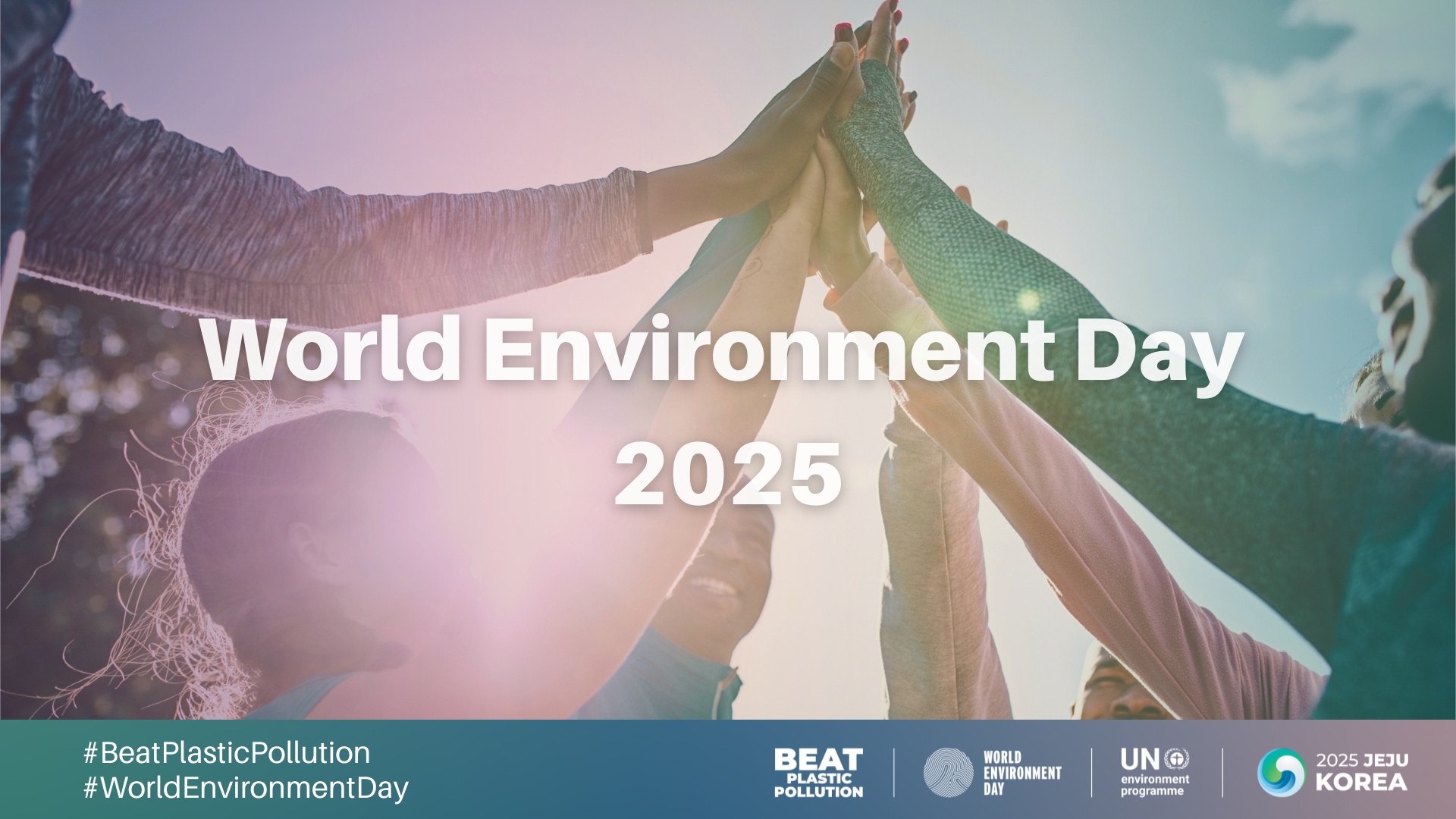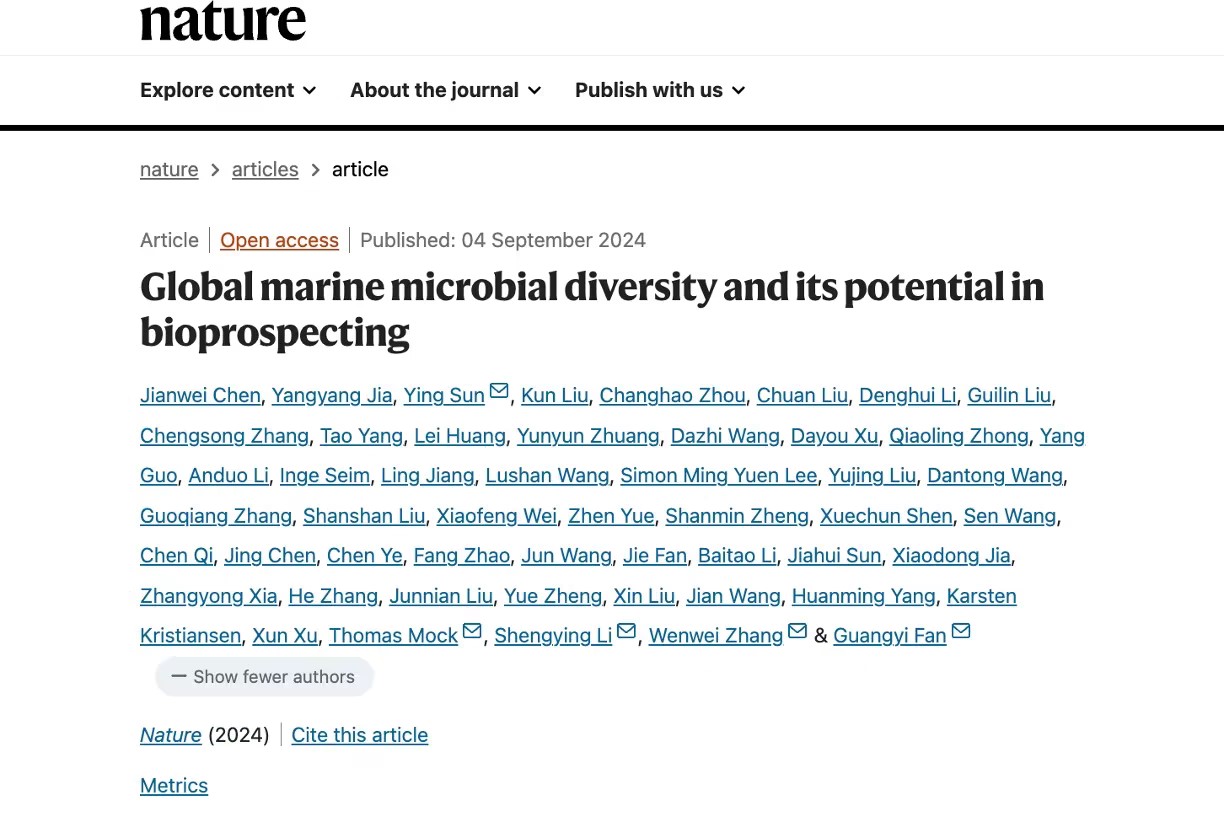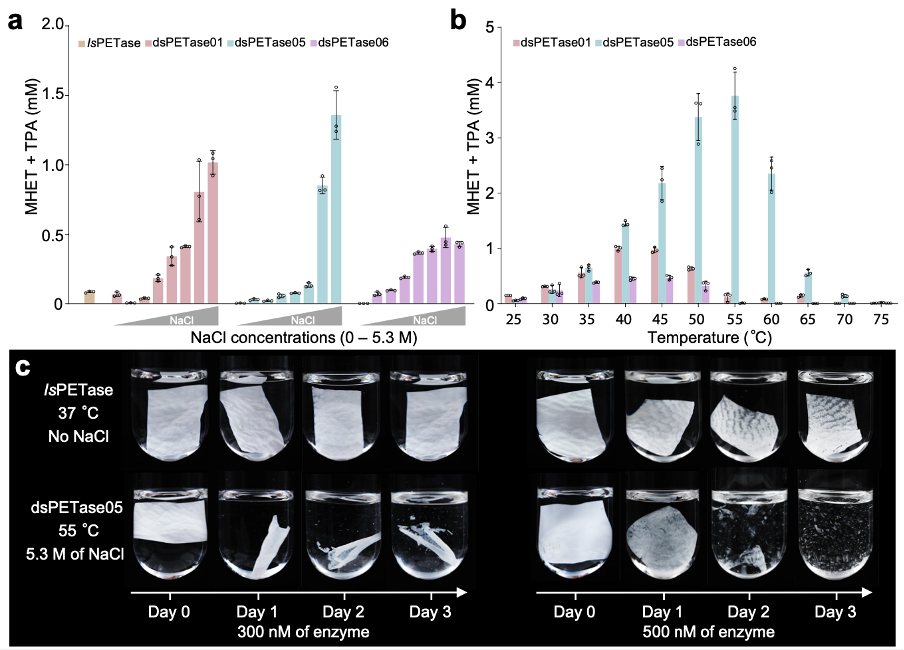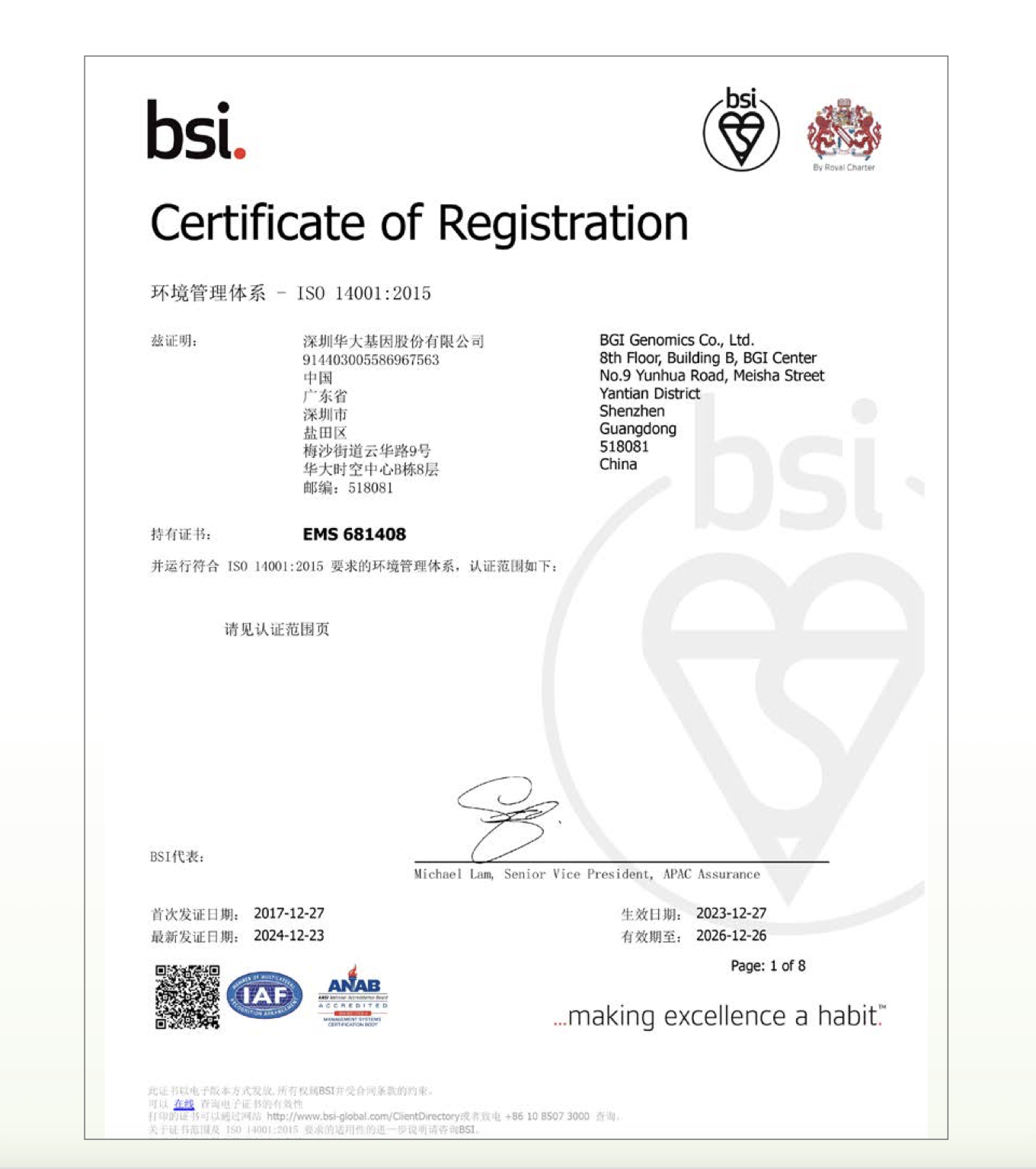Each year on June 5, the world comes together to celebrate World Environment Day, highlighting the urgency of protecting our environment. Plastic pollution has become one of the most urgent environmental challenges of our time. With over 400 million tons of plastic produced annually - more than half of which is designed for single use - less than 10 percent is recycled. The consequences for ecosystems, wildlife, and human health are devastating.

Plastic pollution in the ocean is also alarmingly severe, with an estimated 8 to 10 million metric tons of plastic waste entering the ocean each year. Plastic debris has even been detected in the deep sea. A previous study confirmed the presence of plastic bags at the deepest point of the Mariana Trench (10,982 meters), with microplastic densities reaching as high as 133.3 items per kilogram (dry weight).
Han Mo, Senior Research and Development Engineer at BGI-Research shared his experience when he did the deep-sea research: "We discovered a significant amount of human waste pollution on the seafloor - discarded plastics, glass, metal products, and more. It was a real shock to us. Without conducting such research, most people would never imagine that trash they discard could end up polluting a place nearly 10,000 meters deep and thousands of kilometers away."
As part of a global effort, World Environment Day joins the UNEP-led #BeatPlasticPollution this year to spotlight the growing scientific evidence on the impacts of plastic pollution and drive momentum to refuse, reduce, reuse, recycle, and rethink plastics use to build a cleaner and more sustainable future. This mission aligns with BGI Group’s initiatives in its science research and corporate governance to protect the Earth's ecosystem.
In September 2024, an international team of researchers led by BGI-Research published a landmark study in Nature that has reported the most comprehensive global marine microbiome database by then. This study unveiled the immense potential of marine microorganisms for marine science research, and biotechnological and biomedical applications.
 The study, “Global marine microbial diversity and its potential in bioprospecting,” published in Nature, reports the most comprehensive global marine microbiome database at the time and identifies novel polyethylene terephthalate (PET) plastic-degrading enzymes that could play a crucial role in the degradation of PET plastic.
The study, “Global marine microbial diversity and its potential in bioprospecting,” published in Nature, reports the most comprehensive global marine microbiome database at the time and identifies novel polyethylene terephthalate (PET) plastic-degrading enzymes that could play a crucial role in the degradation of PET plastic.
Particularly, one interesting discovery from the study is believed to have the potential to revolutionize current methods of polyethylene terephthalate (PET) plastic degradation, with significant application developments expected in related industries. Several novel PET plastic degrading enzymes (dsPETase05, 06, 01) with high activity potential were identified in the database. Among them, dsPETase05 can degrade PET plastic film within three days, achieving a degradation rate of 83%, which is more than four times the efficiency of the PET-degrading enzyme (IsPETase) discovered in land microorganisms.
 The comparison of the plastic-degrading capabilities of land- and marine-based PET-degrading enzymes.
The comparison of the plastic-degrading capabilities of land- and marine-based PET-degrading enzymes.
In addition to providing scientific evidence for environmental protection, BGI Group is also actively involved in sustainability efforts within its corporate management.
For example, in 2024, BGI Genomics, a subsidiary of BGI Group, invested a total of RMB 1.52 million Yuan (approximately 212,000 USD) in environmental management. These efforts included the proper treatment of all waste gas and wastewater to meet discharge standards before being released or reused. Additionally, all solid waste was disposed of or recycled in full compliance with applicable regulations. BGI Genomics and its subsidiaries have also obtained ISO 14001 certification, the internationally recognized standard for environmental management systems.
 BGI Genomics has obtained ISO 14001 environmental management system certification.
BGI Genomics has obtained ISO 14001 environmental management system certification.
Whether at BGI Genomics or any other subsidiary under BGI Group, the concept of environmental protection is deeply embedded in the company’s core values. Every BGI team member actively puts this commitment into practice through concrete, everyday actions.
Within the office, the company promotes green practices by advocating paperless operations and making full use of digital information platforms. It also implements the concept of green packaging by continuously adopting renewable materials. During the reporting period, the total amount of finished product packaging used was 212 tons, with 100% made from renewable materials.
As the world joins hands to tackle plastic pollution this World Environment Day, BGI Group continues to lead with science, innovation, and responsibility. From decoding marine microbial diversity to integrating sustainability into corporate operations, BGI Group is turning genomic insight into global impact - working toward a cleaner, healthier planet for all.



